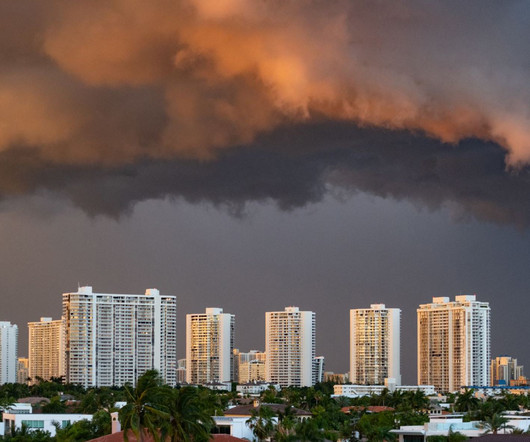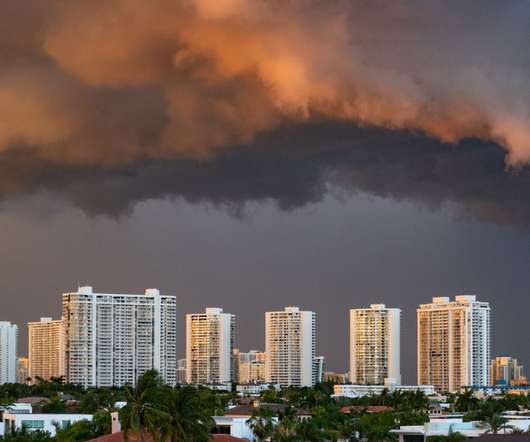B.C.’s New Bill 31 – Emergency and Disaster Management Act
CCEM Strategies
OCTOBER 3, 2023
A deliberate focus on modernization first emerged five years ago in 2018, when the Province adopted the Sendai Framework for Disaster Risk Reduction. Since then, the Province has been continually responding to large-scale disasters, including the COVID-19 pandemic, and the 2021 and 2023 floods and wildfires. In 2019, B.C.











Let's personalize your content